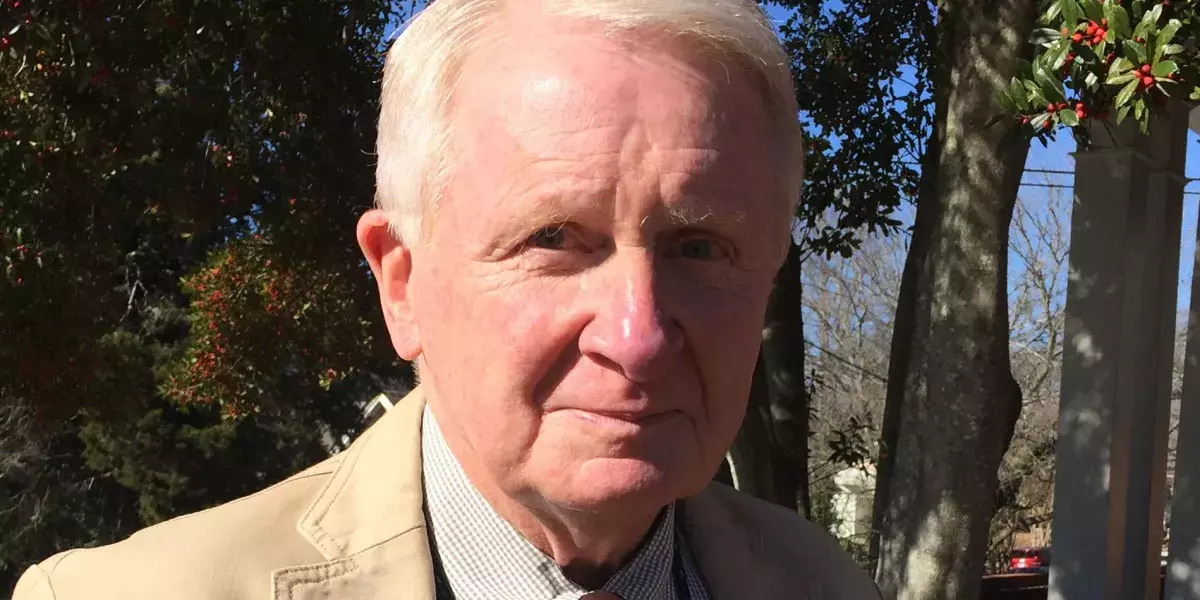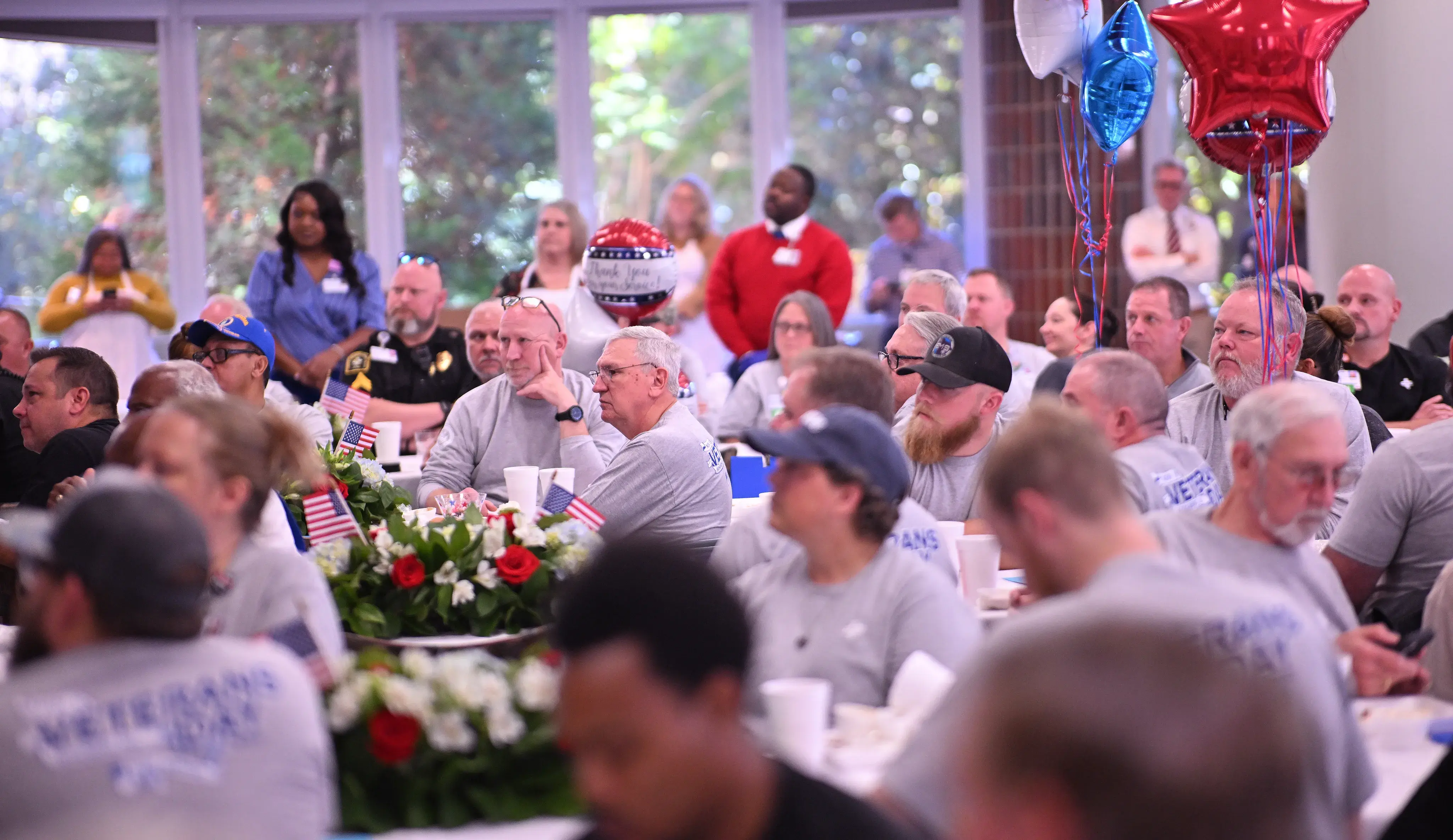
A difficult but important conversation: Planning for hospice care
When I worked as a psychologist, there were certain topics that clients found almost too painful to discuss: divorce, bankruptcy, incarceration, addiction … human issues that demand energy and attention, but that we often avoid in everyday conversation with friends and family.
These days, in my retirement, I startle some of my colleagues when I ask, “If you or one of your loved ones were facing a terminal illness, how would you select a hospice program?” The responses vary, from “That’s such a rude question” or “I’ll think about that when the time comes,” to “I’ll just get a referral to hospice.”
I serve as the chair of the Spartanburg Regional Foundation’s Hospice Division board. In my volunteer work, I have come to better understand and appreciate the compassionate support provided by hospice caregivers, and I see the question of selecting a hospice program as an important one – just as critical as topics such as wills and life insurance.
But since it’s about death, which we all must face some day, we naturally avoid the topic until it collides with us.
Many people assume that there is one single comprehensive hospice program in the community that serves all. This is not the case. In Spartanburg County, there are many hospice programs and you must be thoughtful about choosing the right provider for you and your family.
It was only in l986 that the Medicare Hospice benefit was enacted, and, since that time, the industry has grown at about 3.5 percent each year. Some hospice programs are classified as nonprofits, and others are for-profit businesses. Some provide in-home care delivered by visiting nurses, and others offer this service as well as a designated facility for residential care.
As a hospice advocate, when I have the opportunity to discuss hospice planning with folks, I guide them toward asking several critical questions:
- Is the hospice being considered a nonprofit or a for-profit organization?
- What are the qualifications of the care providers?
- What services are provided for family members?
- Can the spouse or loved one stay in the room of the patient, if residential care is needed?
- Does the program offer bereavement services and support for the family?
- If there are needs not covered by Medicare, is there assistance from the organization to help pay for these expenses (transportation, certain medications, assistance for the family, comfort items for the patient, etc.)?
As chair of the Spartanburg Regional Foundation Hospice Division board, I celebrate the excellent resource our community has in our Spartanburg Regional Hospice program.
Spartanburg Regional Hospice provides holistic care to support both patients and their loved ones. Nurses, social workers, and chaplains visit patients in their homes, and the Spartanburg Regional Hospice Home is a 15-bed in-patient facility specially designed for patients at the end of life.
As a nonprofit hospice, our hospice has philanthropic dollars available to offer extra support for patients facing financial hardships. This might include paying utility bills when a patient is too ill to work or providing needed medical equipment that is not covered by insurance. Gifts to the program also support important special activities for the patient during their time in hospice as well as bereavement services for those grieving the loss of a loved one.
The end of life can be made easier with the support of excellent hospice care for patients and their families. These are the kinds of services I encourage friends to consider when they begin to plan ahead for the possibility of hospice care.
I remember a phrase used by a hotel chain in its ads: “The best surprise is no surprises.” It applies well to planning for hospice care, which most families will need at some point.
Even though we naturally avoid discussing it openly, we can be actively involved in answering the question, “When it’s needed, will it be the right one for me and those I love?”
Learn more about how to donate to the Spartanburg Regional Foundation Hospice Division.












